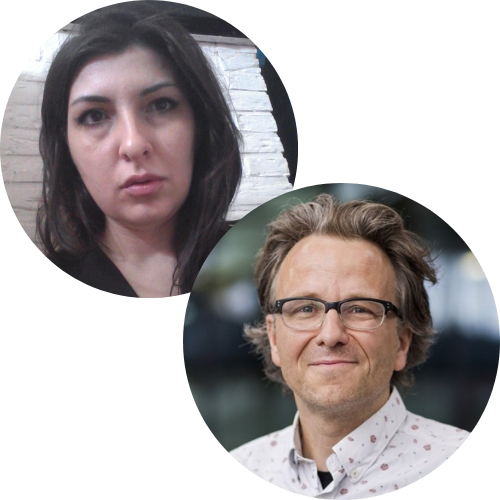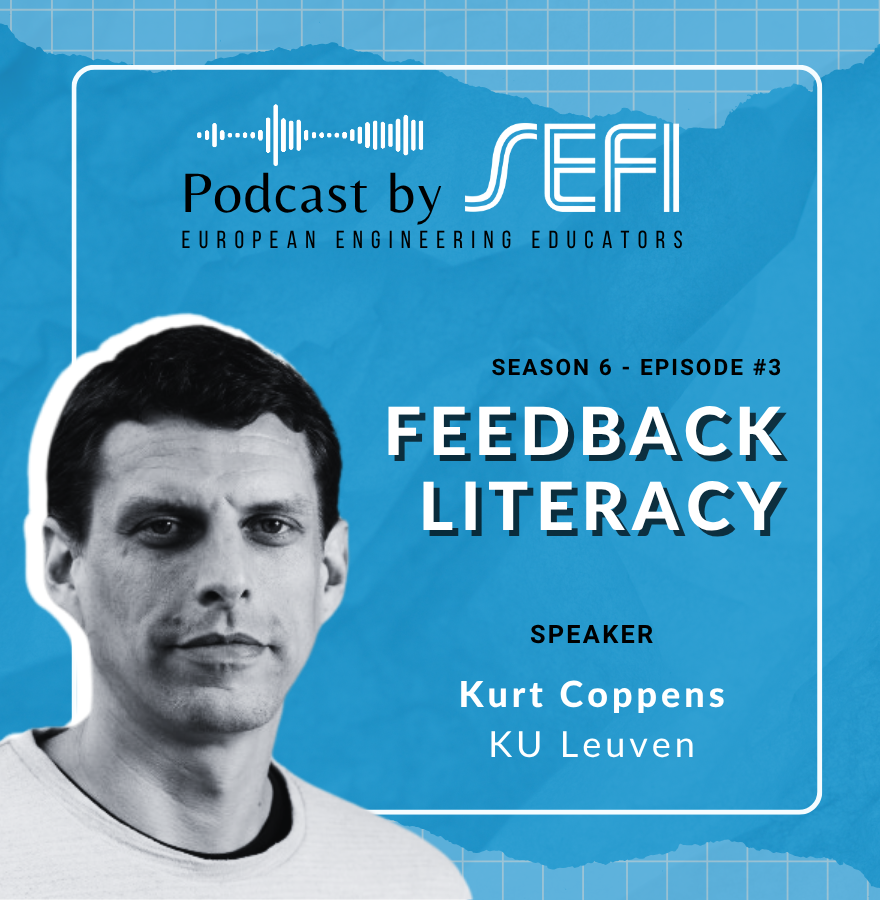Feedback is a somewhat perennial topic within higher education (HE), with increasing emphasis on students…

Dear reader,
As editors, our guess is that we (you and us) all are into engineering (ethics) education because we want to change for the better. Of course, living in the complexity of the world pushes us to make choices about which changes in which directions. These are far from simple questions, and this SEFI ethics SIG tutorial on change offers you an in-depth reflection.
In 1984, Niklas Luhmann published a grand theory of “Social Systems” (with his eponymous book, English version 1995). According to this theory, you can only talk about change in relation with “structure”. Change happens in “events”, temporal points in which a decision is made based on expectations; and from a series of events, structure in autopoietic social systems arises (Ibid., 344-356). Luhmann writes that “every situation contains a three-fold difference: (1) the connective action within the framework of existing structures of expectation, (2) connective action on the basis of deviant structures of expectation, and (3) cessation. Choices between (1) and (2) are made from the perspective of conformity/deviance, between (1,2) and (3) from the perspective of autopoietic difference” (Ibid., 347-8).
If not all too familiar with Luhmann, this might sound … unfamiliar. However, these thoughts are alive.
Patric Wallin (NTNU, Norway) observes autopoiesis in “Dialogic praxis to love the world and assume responsibility to save it.” that education is often reduced to a technological practice, and that the problem with this is that it undermines the moral dimension of education and fails to acknowledge that education is constantly shaped, interpreted, and negotiated by the people involved in it. So the natural question to ask is how to educate graduates that change the industry rather than simply functioning within.
Systems emerge from structures. John Mitchell (Centre for Engineering Education, University College London, UK) in “We become what we repeatedly do: The argument for ethics in an integrated curriculum” suggest that essential professional skills such as ethics, inclusivity, and sustainable design should be constant interwoven threads, present and visible at multiple occasions throughout an engineering student’s programme.
However, students must also practice the moment of change [the event], related to the structure, in events. Rubaina Khan and James Slotta (Ontario Institute for Studies in Education, University of Toronto, Canada) in “Rewarding collective progress – Fostering learning communities within the engineering curriculum” describe learning community as pedagogical approaches to fostering a shared sense of responsibility for the community’s progress, including the curation of ideas and resources, critical feedback amongst peers, and collective definitions of progress and community direction.
But, and that is for motivated engineering ethics education scholars may be sometimes difficult to imagine, conformity can be a good thing, as it is a motor of “good expectations”. Faris Tarlochan (Qatar University, Qatar) in “Change in Engineering Education” stresses the focus on the competencies design skills, analytical and modeling skills, and professional competencies as important ways forward in curriculum changes.
And of course, cessation of autopoietic systems is important. Diana A. Chen, Susan M. Lord, G. D. Hoople (Department of Integrated Engineering, University of San Diego, US), and Joel Alejandro Mejia (Department of Biomedical and Chemical Engineering and Department of Bicultural-Bilingual Studies, University of Texas at San Antonio, US) clearly put forward this need in “Reframing Racial Equity in Engineering Education” when they make the difference between racial equity as a supply side of the underrepresentation problem versus examining what larger systemic forces within the engineering ecosystem have created and perpetuated inequity. Working towards racial equity in engineering necessitates a shift in thinking, from scrutinizing racial minorities towards interrogating how the culture of engineering creates an inhospitable environment.
And conformity and deviance are in constant interaction. Jenni Case (Virginia Tech, US) in “Change in Engineering Education: Locally keeping things afloat or changing the waves?” makes fundamental comments to the engineering ethics education research culture as it too often simply wants to advocate causes and banging on a drum.
In a Luhmannian sense, social systems “emerge”. So also here, the last word certainly is not said. But it is all about how the words are said in every event, creating changes in structures.
Like always,
Gunter Bombaerts and Diana A. Martin.

